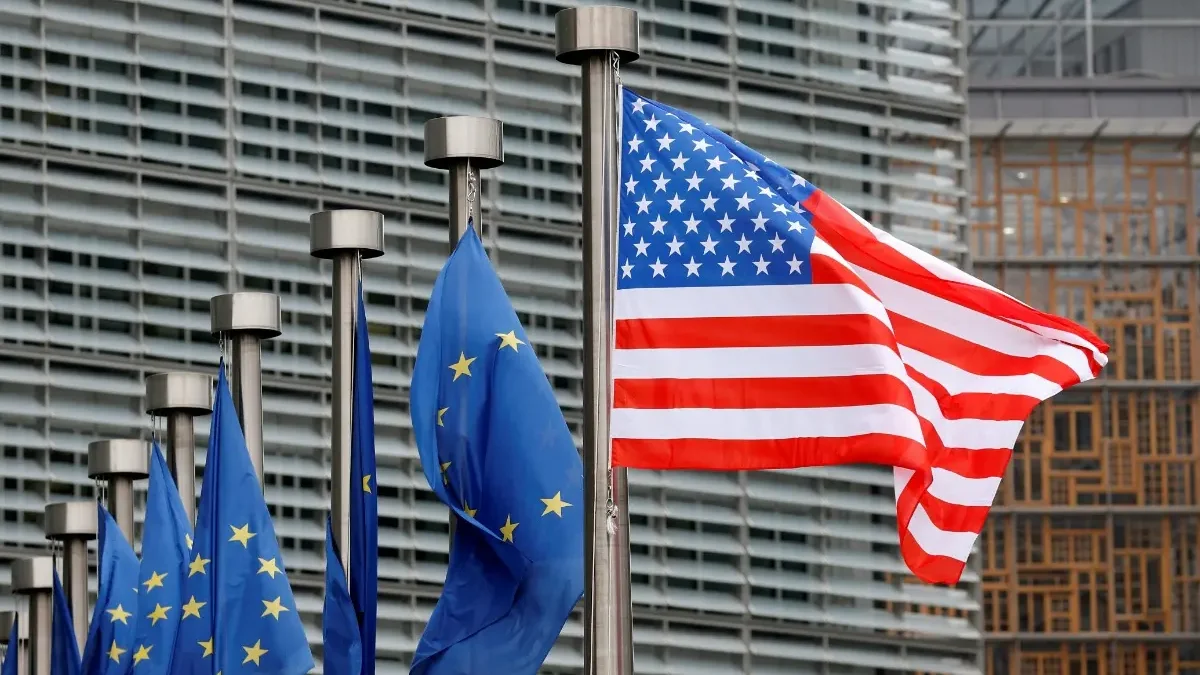Necessary Always Active
Necessary cookies are required to enable the basic features of this site, such as providing secure log-in or adjusting your consent preferences. These cookies do not store any personally identifiable data.
|
||||||
|
||||||
|
||||||
|

The United States has demanded that the European Union’s antitrust chief to provide more clarifications about the EU’s Big Tech Regulations. According to Reuters, U.S. House Judiciary Chair Jim Jordan asked the EU antitrust chief Teresa Ribera to give a clarification on how she enforces EU rules reining in the Big Tech as it looks like they are targeting the U.S. companies specifically.
This comes after the U.S. President signed a memorandum that discussed the administration scrutinizing the EU’s Digital Markets Act and the Digital Services Act “that dictate how American companies interact with consumers in the European Union.”
Jordan wrote in a letter sent to Ribera on Sunday, “We write to express our concerns that the DMA may target American companies.” He added, “that the rules subject companies to burdensome regulations and give European companies an advantage. These severe fines appear to have two goals: to compel businesses to follow European standards worldwide, and as a European tax on American companies. These, along with other provisions of the DMA, stifle innovation, disincentivize research and development, and hand vast amounts of highly valuable proprietary data to companies and adversarial nations,”
The EU Big Tech market has been in the middle of a radical shift with the advent of the Digital Markets Act (DMA). It is a law that was enacted in 2022, and which seeks to oversee powerful platforms like Google, Apple, Facebook, and Amazon in a manner that will make them compete more competitively and transparently.
The EU’s efforts to curb Big Tech’s control in the markets is due to the fear of monopoly, unfair competition, and consumer protection. In November 2024, the EU tech CEOs urged European countries to counter U.S. big tech companies and reduce the region’s dependence on U.S. for stronger technologies like AI.
The EU Antitrust regulations have been made stricter, focusing on the companies that own most of the market share. The rules seek to keep a check on the tech giants from finishing any competition by means of self-preferencing, data exploitation, and anti-competitive mergers.
The EU vs Big Tech trend has been getting stronger with an increasing number of companies, especially from the US, being under regulatory examination. In 2024, the antitrust lawsuits that were filed pointed to tougher regulation for big tech.
The result of these negotiations will be important for the future of the global technology market.As both parties negotiate to align their conflicting strategies, resolving these conflicts will shape Big Tech regulations in the coming years. With ongoing controversies over data privacy, market control, and competition, growing pressure will push the US and the EU to balance regulation and innovation.
The demand for clarification on EU Big Tech Regulations signals the beginning of a broader dialogue between the US and the EU regarding the future of tech regulation. The outcome of this discussion will not only impact the regulatory landscape but also play a crucial role in shaping the future of global competition in the tech industry. However, despite the significance of this issue, Ribera and the European Committee have refrained from commenting on the matter.